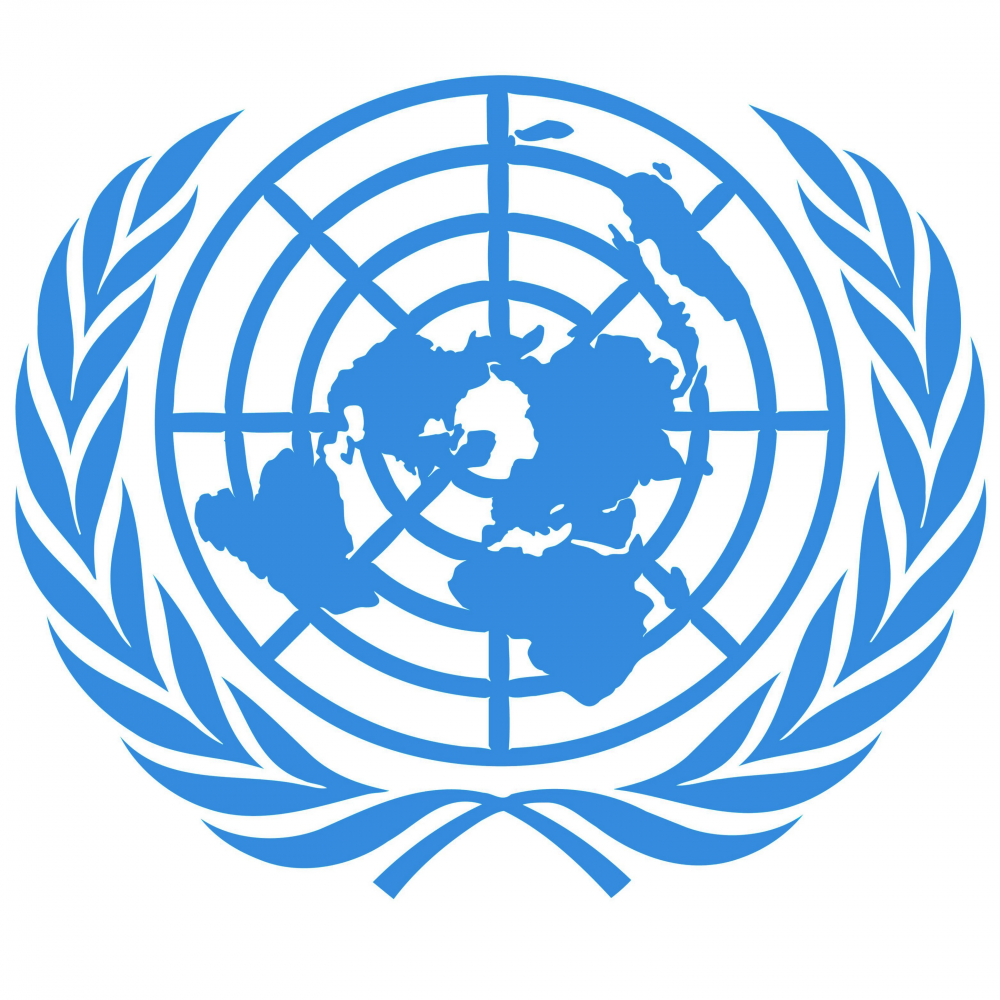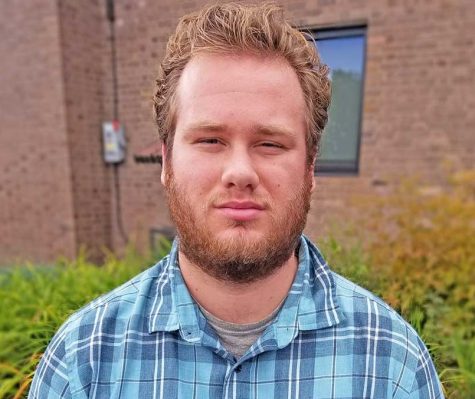Model UN club seeks additional funding methods
JSC’s Model UN club is turning to individual fundraising for additional income to finance this year’s trip to Cambridge, Massachusetts.
Every year, the club takes eight students to Harvard to participate in a four-day conference where each of the visiting schools from around the world is assigned a country. They discuss ideas and beliefs on policies with other countries and hope to come up with resolutions.
JSC has usually been assigned a smaller country because they bring fewer students to the conference, while other colleges are assigned bigger countries for the larger number of students they bring. Funding is vital for these eight students to go, which includes registration, travel and lodging expenses.
JSC Professor of Humanities David Plazek, the club’s faculty advisor, has traditionally sought funding from the college.
“President [Barbara] Murphy had a grant proposal for experiential learning,” he said. “She approved us $10,000, which got us a long way. That money has dried up. We have applied for money from the Ellsworth Trust and have received some support there. We have applied from the SGA, and have received some support there. Those are the three primary sources that have gotten us this far, and we are trying to expand at this time. President Collins has been a fallback. Last year, we needed to top off the amount of money and she was there for us.”
This year, Plazek and members from the Model UN hope to raise money through students raising money for themselves. They are trying to take this different approach to attract both more money and more students to the club. Then the college could be assigned a bigger country.
Other clubs on campus have been successful in using this technique to raise money for their club trips. One example would be the Badger Alternative Breaks, where Rebecca Bingham, co-chair of fundraising for two years now, has seen many be successful in individually fundraising for their trips.
“Every fundraiser we do, we have a certain amount of participants participate in that fundraiser,” she said. “Like the grilled cheese night, we will be working from 9 p.m. to 12 a.m. and we will get those hours and the money. It goes directly to us for our trip to pay that amount. Our trips this year range from $700 to $2,000. The money that we make here goes directly to our trips. Out of the three years in the club, I have fundraised all of my money except for one trip, and that was my international one . . . I had $400 left out of $1,800. They can pay out of pocket but fundraising is an option.”
According to Plazek, the individual fundraising model could well expand possibilities for the club. “This could take us to the next level if people really embrace it,” said Plazek. “[Going to Harvard] is a wonderful four-day experience in Boston where you get to meet people from all over the world. Other groups [at JSC] have raised money through the manner that we are trying to do, and they have been successful because they ask friends and family and businesses maybe that might be interested. They give them a letter and say, ‘This is what I want to do. Would you be willing to help?’”





Smithd777 • Oct 11, 2017 at 1:53 pm
Great, thanks for sharing this article. Really Cool. eccgecbbeggadgeg